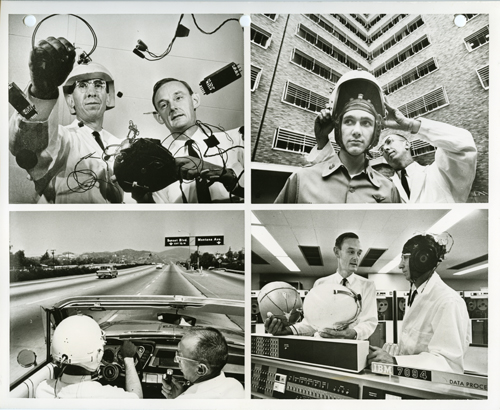A 1981 motorcycle wreck destroyed both of Kent Cochrane’s hippocampuses, leaving him an amnesiac at 30. What was bane for the individual was boon for science: In good part through his travails, we learned that the brain separates factual and personal memories and were able to identify which parts control these functions. Cochrane, who recently passed away, was further plagued in that he didn’t just lose much of the past but also all of the future. He was a man of the moment, always. From Sam Kean at Slate:
“K.C.’s memory loss also had the profound and paradoxical effect of wiping out his future. For the last three decades of his life, he couldn’t have told you what he planned to do over the next hour, the next day, the next year. He couldn’t even imagine those things.
It’s not entirely clear why, but it probably runs deeper than K.C.’s inability to remember his plans. It’s possible that the hippocampus is necessary to project yourself into the future and imagine personally experiencing things in the same way that the hippocampus allows you to put yourself back in time and re-experience the sights, sounds, and emotions of past memories. That’s what your personal memories are really all about.
This loss of his future didn’t pain K.C.; he didn’t suffer or rue his fate. But in some ways that lack of suffering seems sad in itself.” (Thanks 3 Quarks Daily.)
Tags: Kent "K.C." Cochrane, Sam Kean

